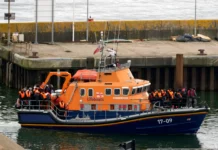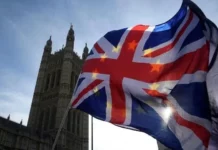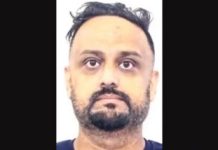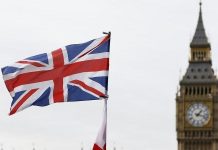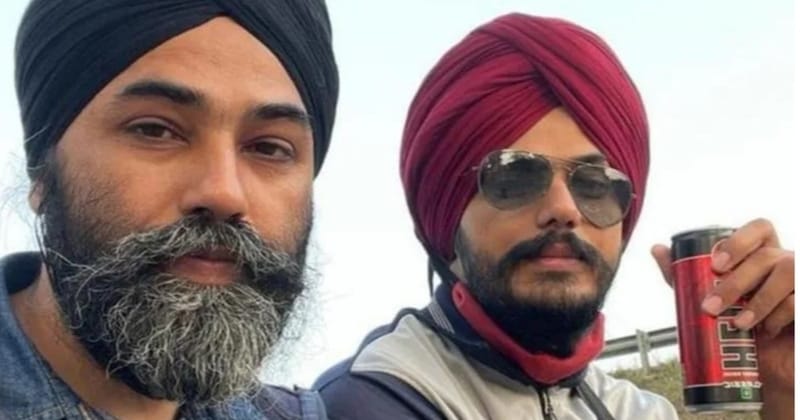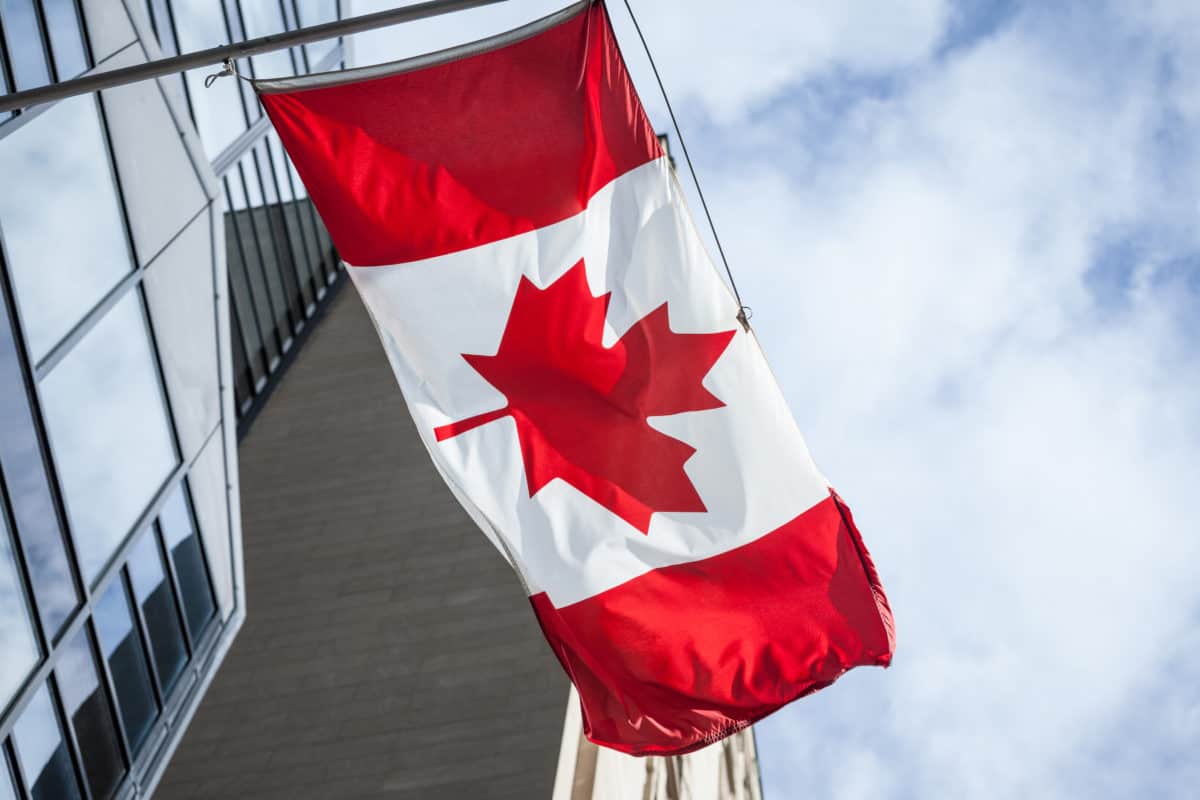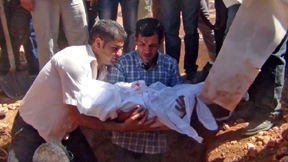
SURUC, Turkey: The father of a drowned Syrian toddler whose fate shocked the world returned home to bury his family as European ministers tried to thrash out differences on binding refugee quotas to ease the crisis.
Britain said it would take thousands more from refugee camps on the Syrian border as the heartbreaking images of three-year-old Aylan Kurdi’s lifeless body on a Turkish beach ramped up pressure on political leaders to act.
His father Abdullah Kurdi – who has told how Aylan and his other young son Ghaleb “slipped through my hands” when their boat sank in the Aegean Sea – arrived in the Syrian flashpoint border town of Kobane with the funeral caskets of his sons and wife, who also died.
“As a father who lost his children, I want nothing for myself from this world. All I want is that this tragedy in Syria immediately ends,” he said on his way to Kobane, which was devastated in clashes between Islamic State militants and Kurdish fighters.
A divided Europe faces growing international criticism over its response to Europe’s worst refugee crisis since World War II, during which more than 350,00 migrants have crossed the Mediterranean, and around 2,600 people have died.
UN High Commissioner for Refugees Antonio Guterres warned that the EU faced a “defining moment” after little Aylan’s death and called for the mandatory resettlement of 200,000 refugees by EU states.
With tensions growing, German Chancellor Angela Merkel and French President Francois Hollande said they had agreed the EU should now require member states to take in a fixed number of migrants.
EU foreign ministers were to discuss the crisis, which has split the bloc between countries like Germany advocating greater solidarity and mainly eastern nations such as Hungary that have taken a hardline approach.
Disagreements are rife over Europe’s piecemeal migration system and its passport-free Schengen area.
EU rules that asylum claims must be dealt with in the country they first arrive were thrown into turmoil by Germany, which said it will refrain from deporting Syrians.
European Commission President Jean-Claude Juncker has proposed quotas for resettling a total of 160,000 refugees across the EU to take the pressure off the overstretched frontline states of Greece, Italy and Hungary.
In Budapest, a tense standoff continued between police and hundreds of refugees blocked by police from carrying on their train journey west towards Germany, Europe’s main destination.
The police allowed the refugees board a train in Budapest bound for the Austrian border. But their journey ended just west of the capital in Bicske, where police tried to disembark them and take them to a refugee processing camp.
An estimated 200 to 300 people, angry at what they saw as Hungary’s trickery, refused to get off the train, where they spent the night.
The European tensions erupted into the open y when Hungary’s right-wing Prime Minister Viktor Orban lashed out at Germany, the EU’s biggest economy, for aggravating the crisis.
Orban, whose government has built a fence on the border with Serbia to keep out migrants, also sparked anger by warning that Europe’s Christian roots were at risk and saying Hungary did not want Muslim migrants.
The human cost of the migrant crisis has been brought into sharp focus by Aylan’s drowning, and the images of the child’s lifeless body, in a t-shirt, shorts and shoes, lying on the beach.
His father Abdullah has told of the horrific moments when the family of four was tipped into the Mediterranean off Turkey’s coast. Reports said the family were trying to get to Canada but Ottawa denied it had received an asylum request from the boy’s family. -AFP

